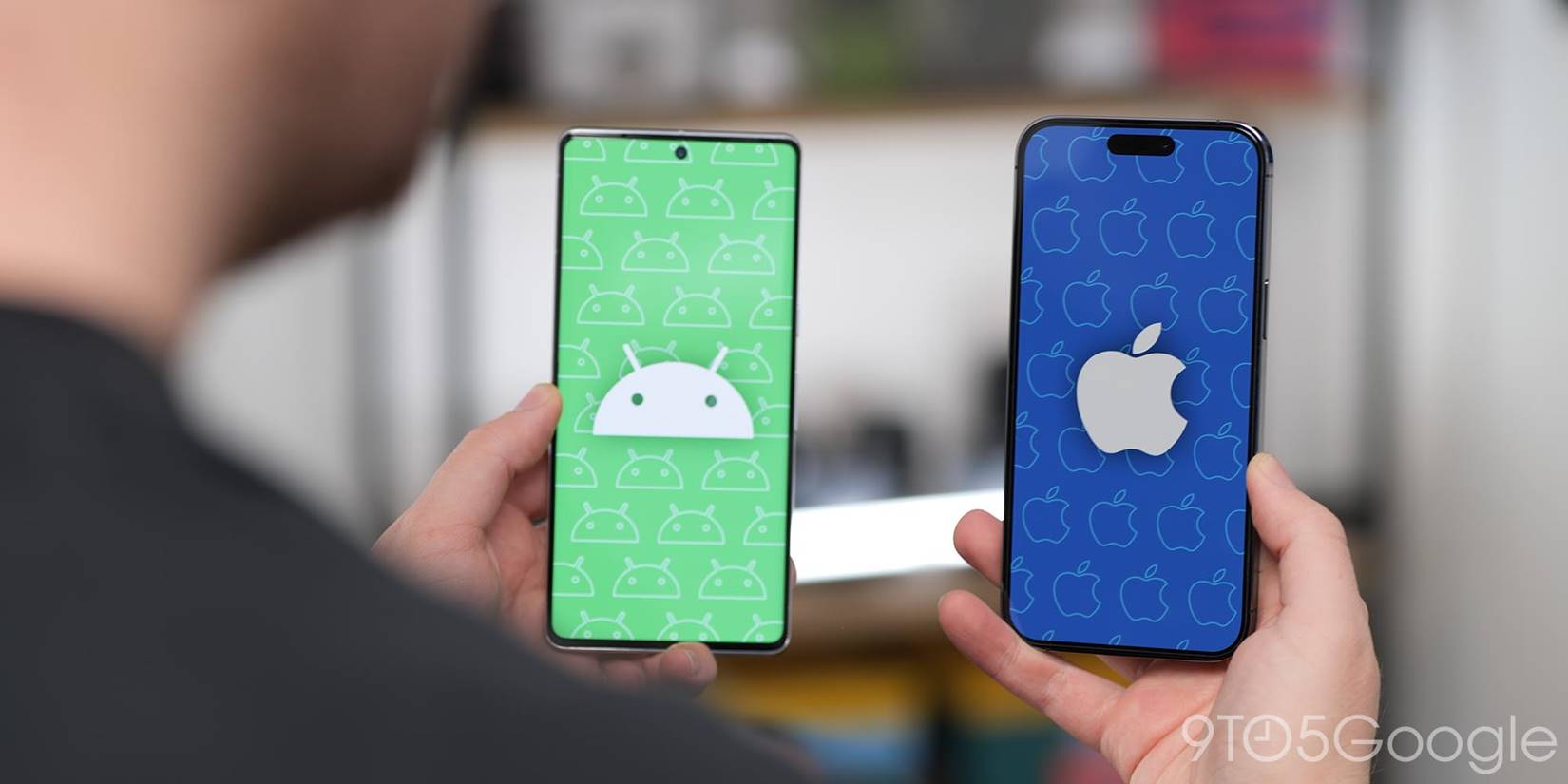Mobile development is a rapidly growing industry, with many businesses and individuals creating apps for both Android and iOS platforms. While the two operating systems share many similarities, there are some significant differences between Android and iOS mobile development that developers need to be aware of.
Programming Language:
The most significant difference between Android and iOS mobile development is the programming language. Android apps are developed using Java, Kotlin, or a combination of both, while iOS apps are developed using Swift or Objective-C. Java is a more widely used programming language, and developers with Java knowledge will find it easier to transition to Android development. On the other hand, Swift is a relatively new programming language and is only used for iOS app development.
Design:
The design elements of an app are also different between the two platforms. Android uses Material Design, which is a set of design guidelines developed by Google to provide a consistent look and feel across all Android devices. iOS uses Human Interface Guidelines, which are similar to Material Design, but with a focus on simplicity and elegance.
Fragmentation:
Android has a significant issue with fragmentation, which means that there are many different devices running different versions of the operating system. This makes it more challenging for developers to ensure that their apps work seamlessly across all devices. In contrast, iOS has a more standardized system with fewer devices, making it easier for developers to ensure their apps work across all devices.
App Store:
Another significant difference between Android and iOS is the app store. Google Play, the app store for Android, has a less stringent app review process, allowing developers to get their apps on the store quickly. On the other hand, the Apple App Store has a stricter review process, which ensures that only high-quality apps are available for download.
Monetization:
There are also differences in how developers can monetize their apps. Android apps can be monetized through in-app advertising, in-app purchases, and selling the app outright. In contrast, iOS apps can be monetized through in-app advertising and in-app purchases, but selling the app outright is less common.
Conclusion:
In conclusion, while there are many similarities between Android and iOS mobile development, there are also some significant differences that developers need to be aware of. From the programming language used to the design elements, app store, fragmentation, and monetization options, understanding these differences is essential to developing high-quality apps that work seamlessly across all devices. Ultimately, the decision to develop an app for Android or iOS will depend on the goals and requirements of the project.
